Citizen science is an area in which interest has increased over the years. People who are not professional scientists get involved in citizen science projects with the intention of solving a question that they find to be of interest. Traditionally, scientific discoveries are accompanied by academic publications that demonstrate the results obtained. However, the non-academic nature of citizen science means that such academic publications are not an intrinsic aspect of citizen science projects. In this post, we show how citizen science publication has evolved over the last 30 years.
Evolution of academic publications
Citizen science is the practice of using a large number of volunteers, rather than professional researchers, to collect data for scientific research. Citizen science projects actively involve citizens in scientific endeavours that generate new knowledge or understanding. However, managing a large number of scientists is not a trivial task and in many instances the data provided has limitations and controls for bias need to be introduced. It is well known that the quality of data significantly affects publications in the academic field. Therefore, in this post we show how publications related to citizen science have evolved by using Scopus, an expertly curated abstract and citation database. We are working with a total of 19.182 publications dating from 1990 to 2019. Although citizen science was defined in the mid/1990s by Rick Bonney in the United States (Bonney, 1996) and Alan Irwin in the United Kingdom (Irwin, 1995) it was not until 2005 that the number of academic publications in this area began to grow.
Types of academic publications in citizen science
Since 2005, publications have continued to grow exponentially, peaking in 2019 with a total of 1.995 publications. Academic production is increasing and we wanted to find out the kind of publications that are the most common in this area.
What we discovered is that the greatest effort is put into the creation of journal articles, followed by conference papers. The reader may have noted that in this case only the information about 16.529 publications (of the total 19.182) is shown. This is because 2.653 publications could not be classified, so they have been removed from this visualisation. This is to be expected as research projects in general try to publish in journals with an impact factor. In addition, many citizen science projects seek to make their publications open so that they reach as many people as possible. In this sense, the costs of publication in journals with a high impact factor can be beyond the budget available in certain citizen science projects. (Gardemaier et al., 2018).
Just as publications have been growing over the last decade, so has the number of open access publications. The trend in citizen science follows what is happening in academic publication generally. As stated by the European Commission in its “Trends for open access to publications” report, in 2018, 36.2% of publications were made open access. Regarding citizen science publications, 39.1% of publications were open access in 2019.
Areas of citizen science interest in academic publications
Academic interest is also growing in the citizen science area. As shown in the following chart, the number of citations skyrocketed in 2007, two years after the number of citizen science publications increased substantially. The reason behind this is that a publication usually starts being cited 1-2 years following publication. This is the main reason why after 2017, the number of citations started going down. We need to wait until the end of 2020 to measure the extent to which 2018 publications are being cited. This figure shows that there is a great deal of interest in citizen science in the academic environment, however more profound analysis needs to be done to reach more meaningful conclusions.
Conclusion
In this post we have described how academic publications in the area of citizen science have grown in the last 30 years. This is based on a small sample taken from Scopus, so further databases need to be consulted in order to better understand how the results of citizen science projects are published as well as how such publications are contributing to a broader understanding of science in general. Our investigation clearly shows how interest in citizen science continues to grow, however more information needs to be gathered on how specific related research areas are developing. In the CS Track project we hope to be able to contribute to this knowledge by investigating the areas of research in which citizen science initiatives are most often focused as well as the areas which give rise to the most academic publications.
References
- Bonney, R (1996). Citizen Science: A lab Tradition. Living bird: For the study and conservation of birds, 15 (4), 7-15.
- European Commission. Trends for open access to publications. Retrieved from https://bit.ly/3mx7Cta
- Gadermaier, G., Dörler, D., Heigl, F., Mayr, S., Rüdisser, J., Brodschneider, R., & Marizzi, C. (2018). Peer-reviewed publishing of results from Citizen Science projects. Journal of Science Communication, 17(3), L01.
- Irwin, A. (1995). Citizen science: A study of people, expertise and sustainable development. Psychology Press


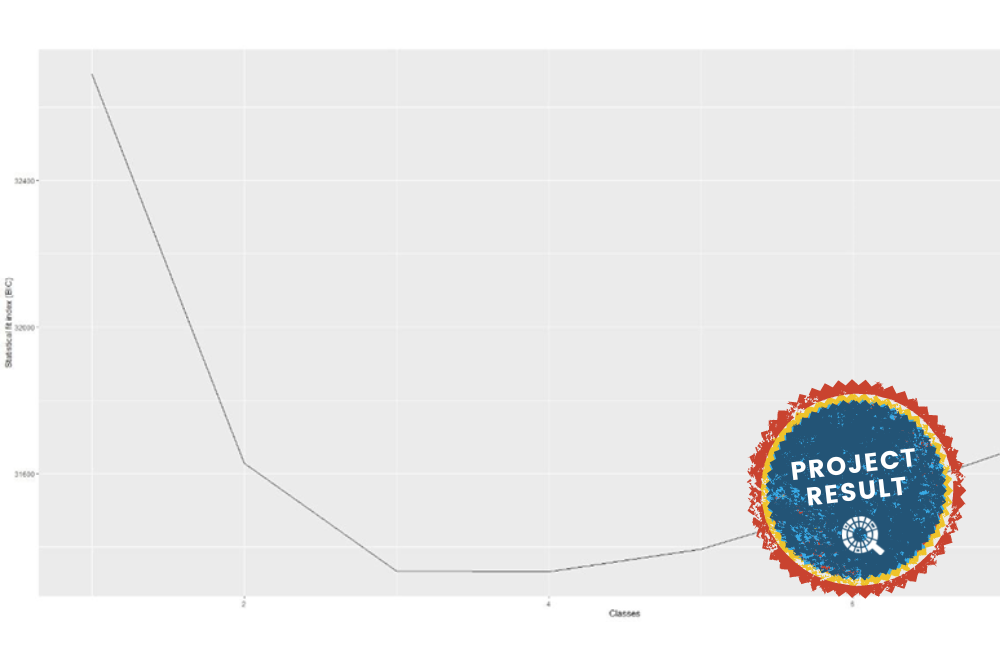
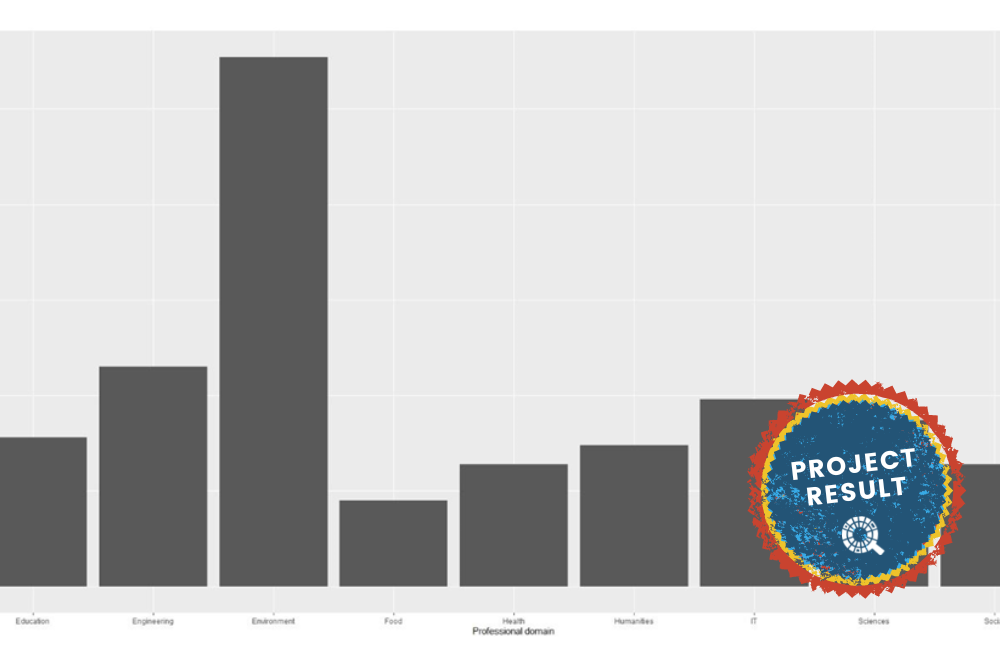
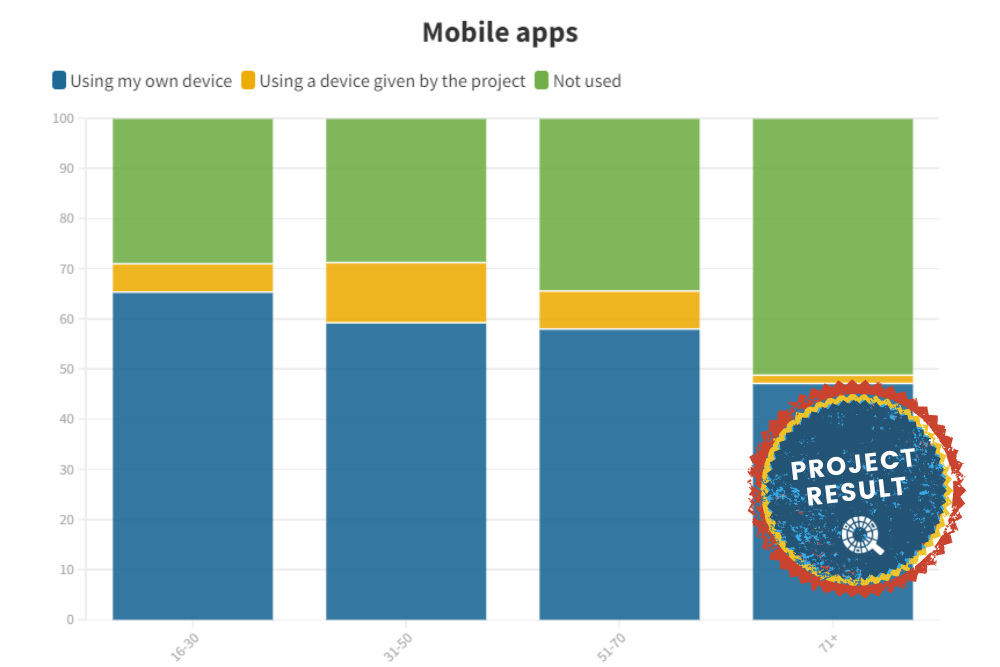
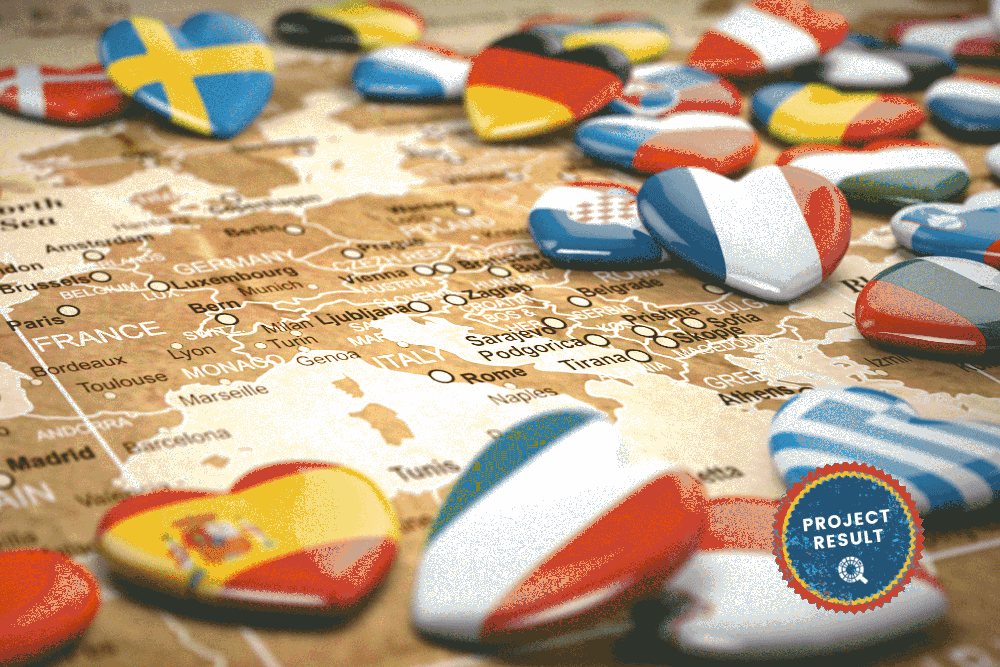








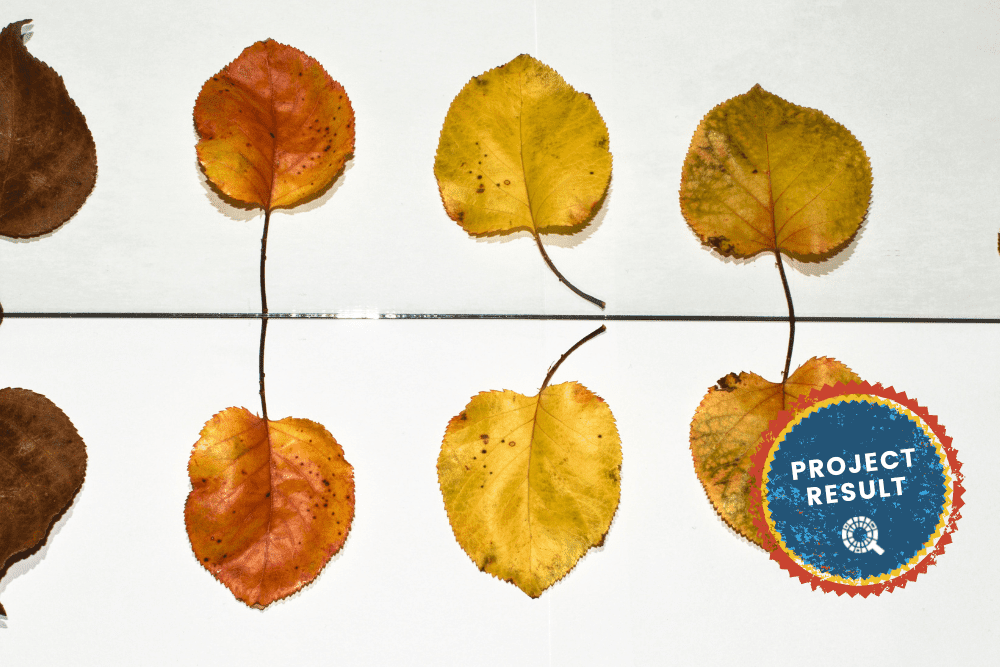

this is an interesting report-Well don! reading it opened my curiosity about the scientific topics’ dealt in the different publications. it will be interesting to know what are the subjects that are interesting this community. thanks
Hi Reuma. Thank you very much for your positive feedback.
Good to see this analysis and the growth in publications. You might be also interested to check the recent paper by Núria Bautista-Puig and her colleagues https://www.mdpi.com/2304-6775/7/1/12 and the earlier paper by Kullenberg & Kasperowsk https://journals.plos.org/plosone/article?id=10.1371/journal.pone.0147152 (both papers are likely to be in your database 🙂 )
Hi Muki,
We appreciate your comments. Thank you for all the references provided. These works contain very interesting lines of research for our project that we are going to explore in the near future.
Thanks again!
Best regards,
Very useful report! Is there a way to know in which journals are authors publishing?
Hi Jessica,
Thanks for your comment! We have that data for some of the publications (Books, journals and conferences). If you want that information you can write me an email so I can send you the list.
Best regards,
David